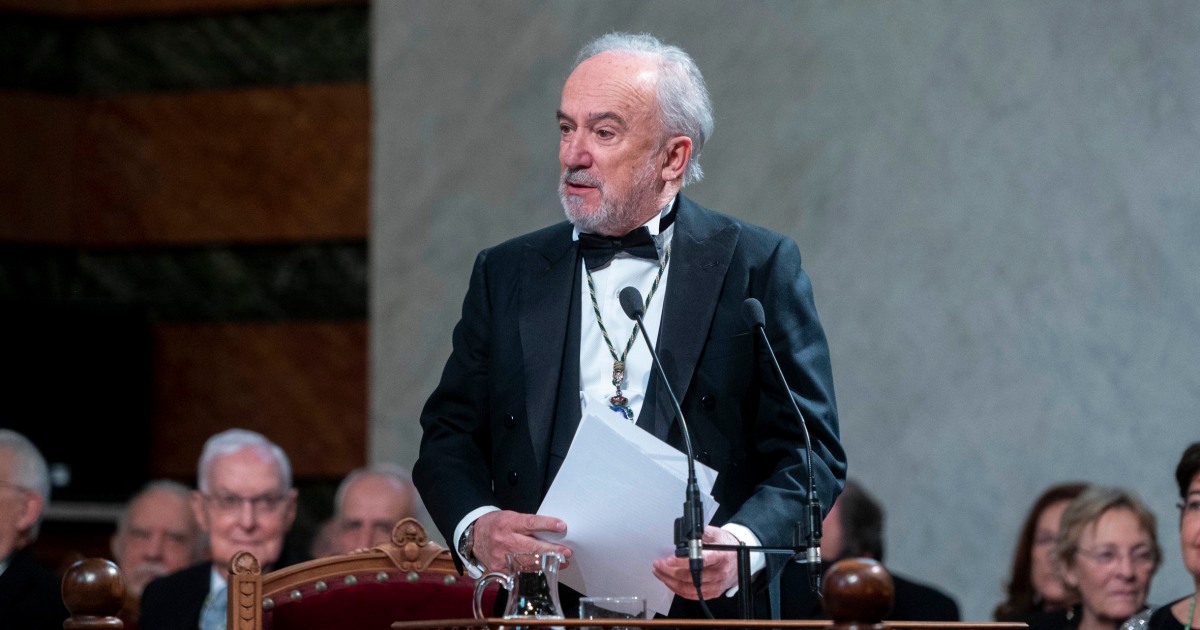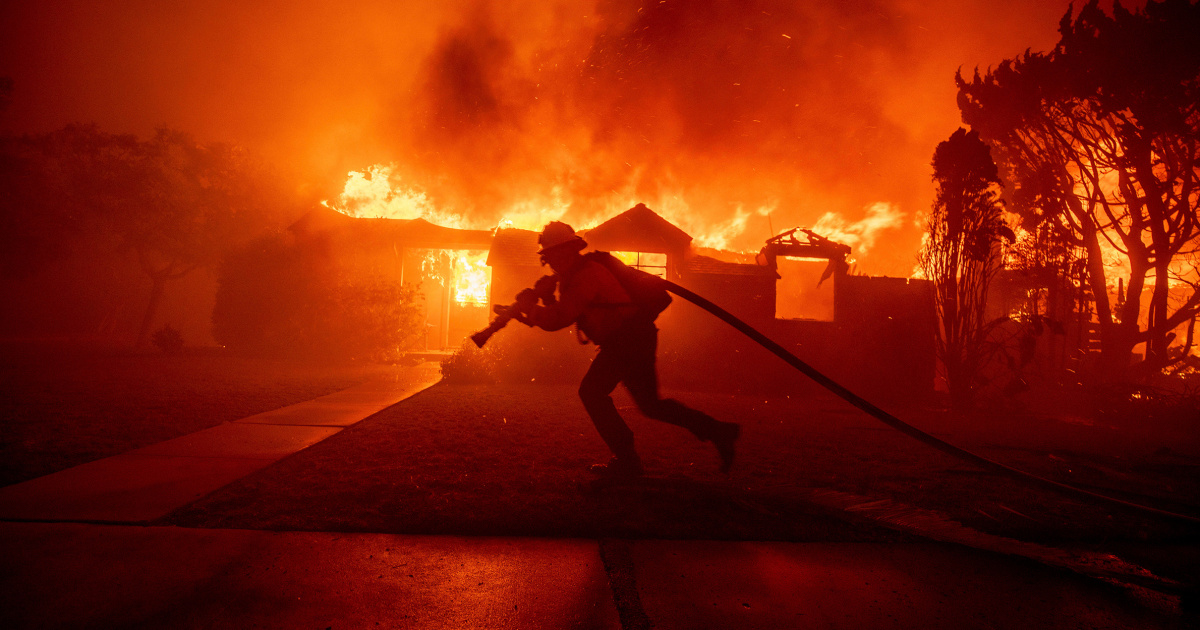The director of the Spanish-talking world’s top linguistic establishment on Monday rejected an Argentinian author’s suggestion to rename the Spanish language to “Ñamericano” to replicate the continent in which the bulk of its speakers now are living.
The Genuine Academia Española or Spanish Royal Academy, started in 1713, is ideal acknowledged for compiling the authoritative Spanish language dictionary. It also acts as a gatekeeper for accurate utilization and linguistic improvements.
It has issued earlier edicts versus employing female or neutral phrases for phrases that are usually gendered as male. The Academy also often acts as a bulwark towards the entry of “unnecessary” Anglicisms into the Spanish language.
At a conference on the Spanish language held in March, Buenos Aires-born journalist Martín Caparrós proposed renaming the language “Ñamericano” to get rid of its colonial origins. Caparrós’ 2021 e book about Spanish speakers in the Americas was titled “Ñamérica.”
“The letter ñ is an ‘archetype’ that modifies the thought of ‘American’ to make it ours,” he reported.
“The world is overflowing with international locations speaking languages that nonetheless bear the identify of the colonizing place. English and French, of training course. Spanish, too,” Caparrós extra.
However, the director of the 46-member Spanish Royal Academy, Santiago Muñoz Machado, was asked Monday to look at the writer’s proposal. He flatly turned down the plan.
“It’s a witticism, which is great as a witticism,” Muñoz Machado instructed Spanish news company EFE.
“No a person doubts that the language is identified as Spanish or Castilian. Our structure says Castilian, and in the Americas they say Castilian or Spanish,” he additional.
Even though the academy has created attempts in latest a long time to include the study and use of Spanish in Latin The usa in the institution’s work, its headquarters continue to be in Madrid and its leading officers are Spanish.
Caparrós and others have argued that beneath 10% of the world’s fifty percent-billion native Spanish speakers basically reside in Spain though the nation retains a disproportional degree of management about how the language is taught and regulated.
The Spanish Royal Academy frequently finds itself embroiled in debates about “inclusive” Spanish, which could possibly imply addressing a team of adult males and ladies with the female “todas” in its place of the male “todos” to mean “everyone.”
Last 12 months, Muñoz Machado dismissed as a “political manifestation” an emerging trend to make the language gender-neutral — for occasion, changing “niño” (boy) and niña (female) with “niñe” (kid).
“It is not component of the grammar, it is not orthodox, and probably in lots of areas it will not be comprehended,” he informed Chilean media. “It is an expression with no realistic fact.”










